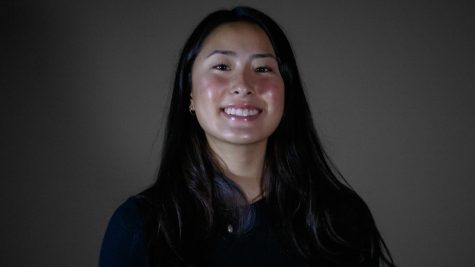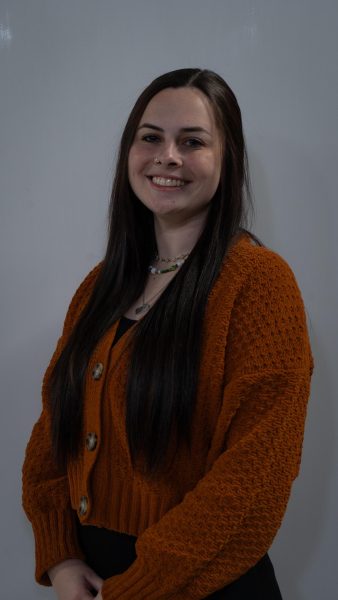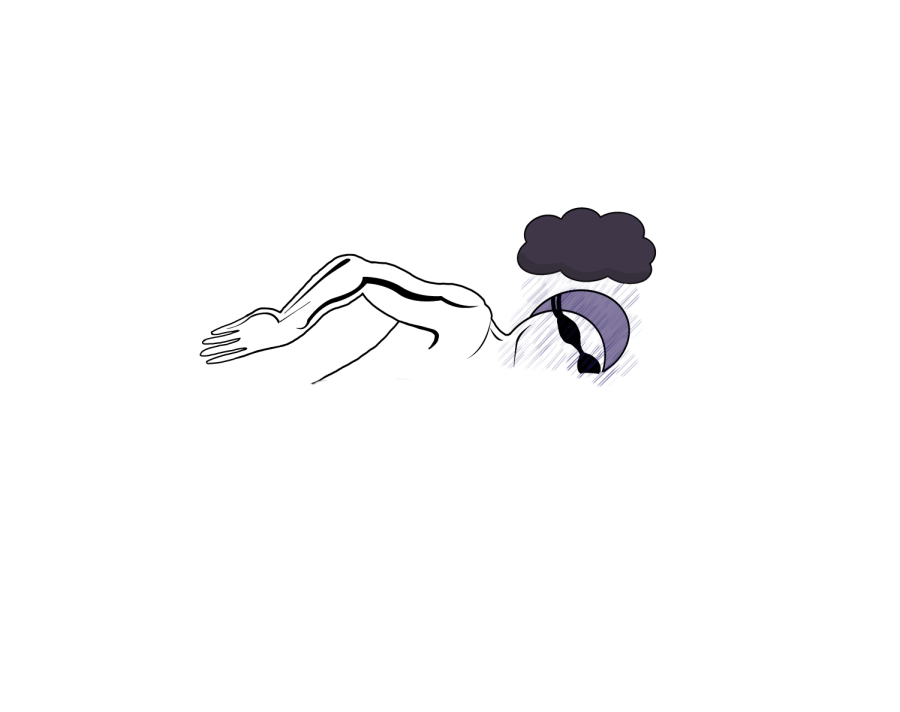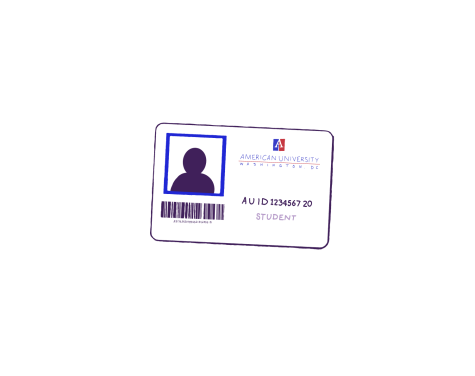The top of their game: How does AU ensure the wellbeing of its athletes on and off the field?
Junior Player Lizzie De Guzman wakes up at 8 a.m. for American University’s varsity lacrosse practice. At 10 a.m., she practices for two and a half hours before going to her first class at 12:55 p.m. Immediately after, De Guzman has two more back-to-back classes until 6:45 p.m. Then, the next day, she does it all over again.
“It is very overwhelming having to focus on the commitment to a team and [the] commitment to academics and to yourself,” De Guzman said.
De Guzman is one of 305 student-athletes at American University with an extensive schedule.
Home to multiple NCAA Division I level athletic teams, AU celebrates achievements, with multiple athletes consistently placing in the top 15 in championship tournaments, as stated in the 2021-2022 AU Sports Annual Report.
In the U.S., approximately 33% of all students experience symptoms of depression and anxiety, and 30% of this group seek help, according to Athletes for Hope. Meanwhile, as much as 35% of U.S. student-athletes suffer from mental health conditions, such as depression, anxiety and body dysmorphic disorders, with only 10% seeking help.
According to Athletes for Hope, athletes deal with pressure to perform athletically, academically and socially. Due to the highly competitive culture that college athletics promotes, it is challenging for student-athletes to acknowledge mental illnesses. Athletes are often put on a pedestal, creating unrealistic standards they feel pressured to live up to, as reported by Standard-Examiner in 2012.
Podium Sports Journal said in 2011 that not only do student-athletes feel obligated to live up to the expectations of their family, friends and community, but they also feel compelled to meet their standards of athletic success.
Off the field, AU student-athletes are also taking the initiative to start their chapter of the Hidden Opponent, a nonprofit group created by a former Division I athlete. The club aims to advocate for student-athlete mental health and improve sports culture. Senior Ana Keene and Sophomore Jordan Mahony are the campus captains of the Hidden Opponent at AU, participating in varsity track and field and soccer, respectively.
The AU athletics department and the counseling center have collaborated to create a safe and comfortable space for students.
“We plan to hire someone who specializes in working with student-athletes,” said Jeffrey Volkmann, the executive director of the Counseling Center.
Volkmann and the counseling center said that barriers hinder treatment for student-athletes. Barriers include the need for counseling resources on the road and the unpredictability of student-athlete schedules. To respond to these issues, Volkmann said he worked to establish a text-in support line and a crisis intervention line through which students can speak with a licensed clinician at any time.
“[AU is] working to increase the connection between the well-being center and the athletics department,” Volkman said.
According to Katie Benoit, the associate athletic director of student-athlete well-being, the coaches at AU are also eager to participate in training to best support their athletes.
In 2021, Jason Borrelli joined the AU athletics staff as the head coach of the Men’s Wrestling Team after 13 seasons as the head coach of the wrestling team at Stanford University.
“My role is about relationships, [and] it’s about more than winning,” Borelli said.
During Borelli’s years at Stanford University, his teams placed in the top 16 in the National Wrestling Coaches Association (NWCA) team GPA rankings. At American University, Borelli’s track record continued, with AU wrestlers taking 15th place in the 2022 NWCA rankings.
“I always try to uphold the idea that you can be excellent in a few different ways,” Borrelli said. “It’s important to be someone that [the student-athletes] can trust [and] feel safe around.”
Sophia Hemingway, a freshman on the varsity swim team, has been competing since she was 10 years old. She said there is a robust team environment among the swimmers, which is very different from her pre-college athletic experience.
According to Hemingway, the new head coach of the Swim and Dive team, Garland Bartlett, intends to introduce more modernized coaching methods, where strong relationships and mental health are just as meaningful as competing.
“We all have really good relationships with our coaches and we feel comfortable talking to them about [mental health],” Hemingway said.
Student-athletes also give their opinions on mental health in the athletic world. For example, Phoebe Merr, a freshman on the varsity soccer team, said that mental health is not something you can really hide from.
“When you’re not having a good day, you have to lean on your teammates and tell them that you need them to help you out,” Merr said.
Both Hemingway and Merr said their teams have had open conversations about mental health facilitated by the coaches or the team captains.
“I think finding our community within our team is something that’s really helpful for everyone’s mental health because we all know we’re going through the same things and we can lean on each other, which is really nice,” Hemingway said.
This article is from AWOL’s 31st print edition.
Mia Kimm is a freshman studying journalism.

Mia Kimm (she/her) is a freshman majoring in journalism with minors in International Studies and Language and Area Studies: French/Europe. Kimm is from central...

Casey Bacot (she/her) is a senior studying journalism. She enjoys tea, hanging out with her cat, and video games.












